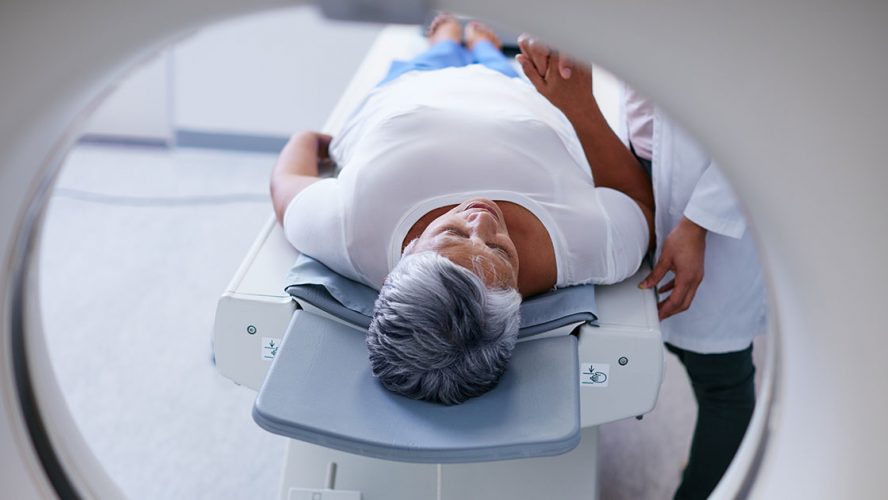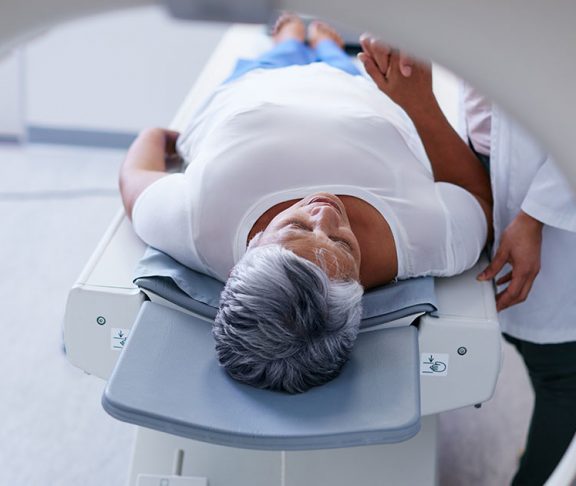Oncology specialist Jennie R. Crews, MD, MMM, FACP, boasts nearly three decades of medical experience and is now the medical director of Seattle Cancer Care Alliance Network.

What are some of the biggest obstacles being faced in the breast cancer community?
Overcoming the toxicities of long-term therapies so that patients can maintain compliance and realize the full benefit of treatment. A good example of this is endocrine therapy, which some breast cancer patients take for years, but which causes side effects such as joint pain that negatively impacts their quality of life.
Determining which patients benefit the most from which treatments. We have a number of promising new agents that have a positive impact against breast cancer, but not equally for all patients with breast cancer. We need better biomarkers to personalize treatment so that we can better identify patients who will benefit from specific therapies. We have genomic testing that has allowed us to determine which patients can safely omit chemotherapy. Likewise, we have learned that some women with certain breast cancers who take endocrine therapy may be able to omit radiation after a lumpectomy. We need more studies to help us target treatment to those who benefit from it and spare the toxicities of treatment in those who don’t.
Finding new therapies for triple negative breast cancer.
How can we overcome these obstacles?
One of the ways that we can help women cope with the side effects of cancer and cancer treatment is to find non-pharmacologic treatments to help improve their quality of life. There have been studies showing benefits of exercise, yoga and now acupuncture to cope with side effects of treatment. The study on acupuncture was just presented at the San Antonio Breast Cancer Symposium and showed improvement in joint symptoms related to endocrine therapy. We need more funding for clinical trials of these complementary therapies to study them in scientifically rigorous ways to determine which of these interventions can improve quality of life.
The other obstacles I cite can be overcome with research, but we need more participation in clinical trials and more access to trials. Our trial designs need to be smart and adaptable and have inclusion/exclusion criteria that mirror real-world oncology.
What are the most important trends in the breast cancer community?
The most important trend in the breast cancer community is the development and implementation of targeted therapies and the development of immune therapies. Breast cancer treatment for many years has relied on targeted therapy — endocrine therapy for hormone-positive breast cancer. But we now have a greater understanding of the pathways that drive cancer growth and resistance, and this has led to a greater number of targeted treatments for women with HER2 positive breast cancer and hormone-sensitive breast cancer. Hopefully immunotherapy will provide similar benefits for patients with triple negative breast cancer.
With the recent approval of cold caps for hair preservation during chemotherapy, this technology is becoming widely adopted and is improving the quality of life for women undergoing treatment.

